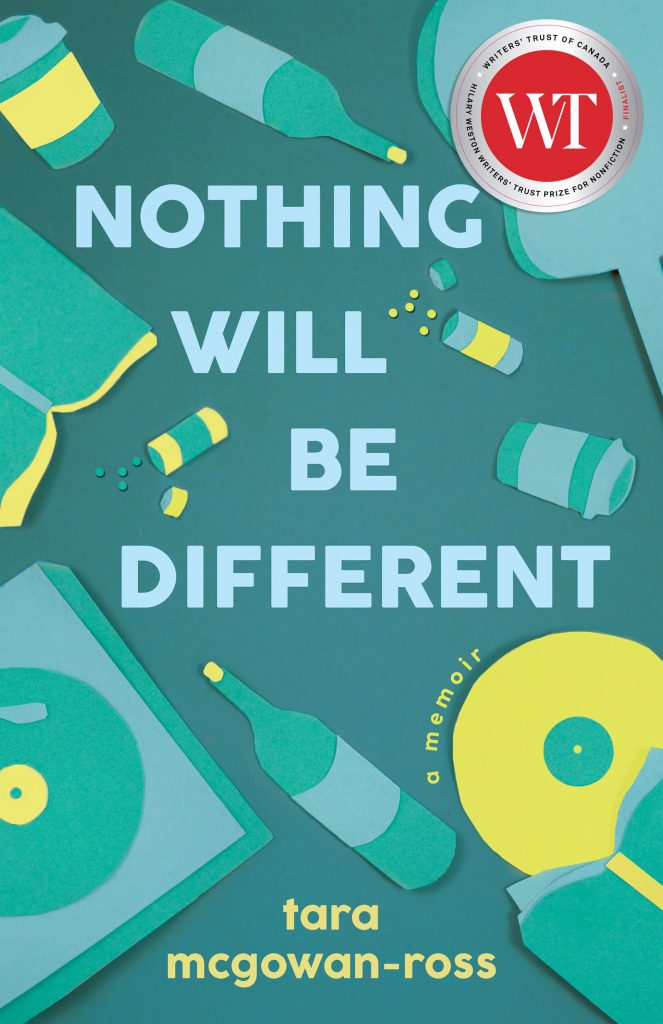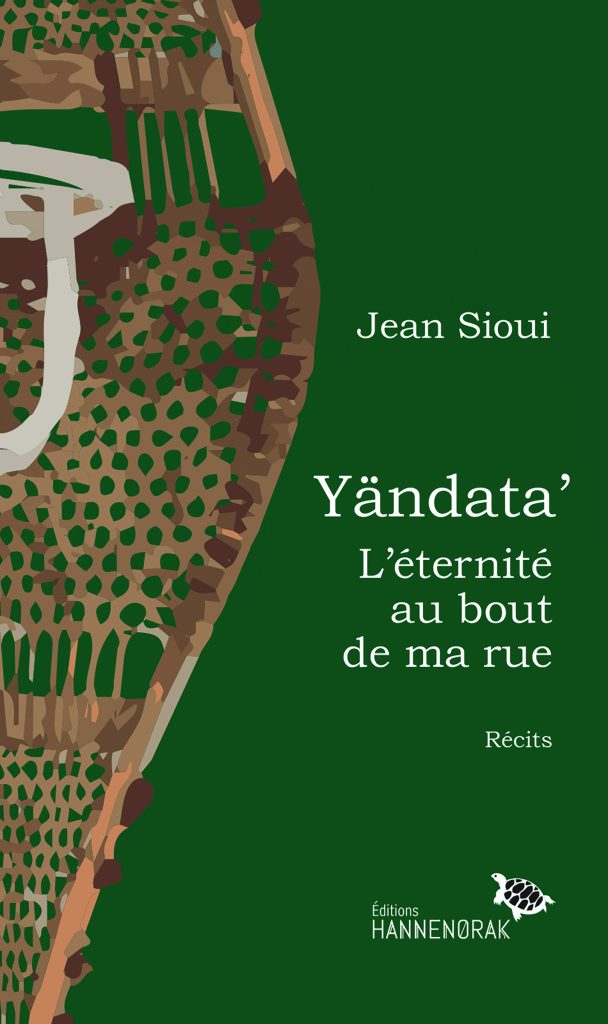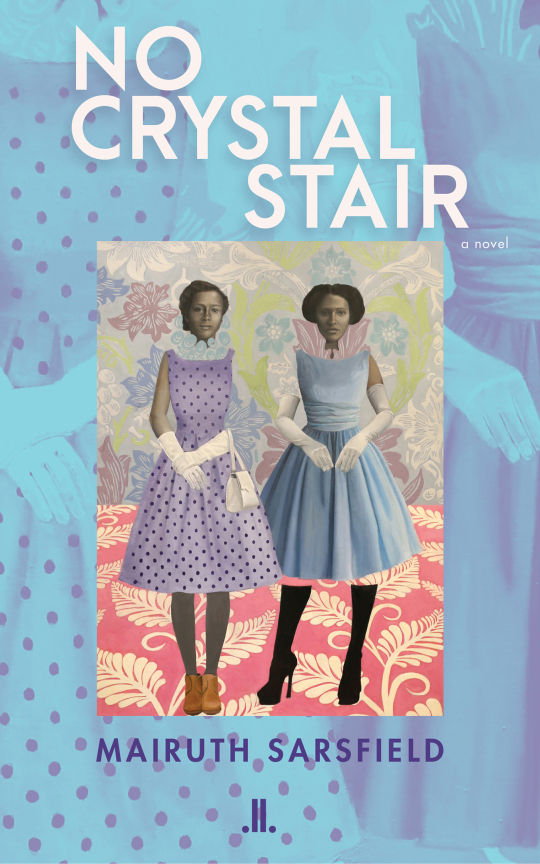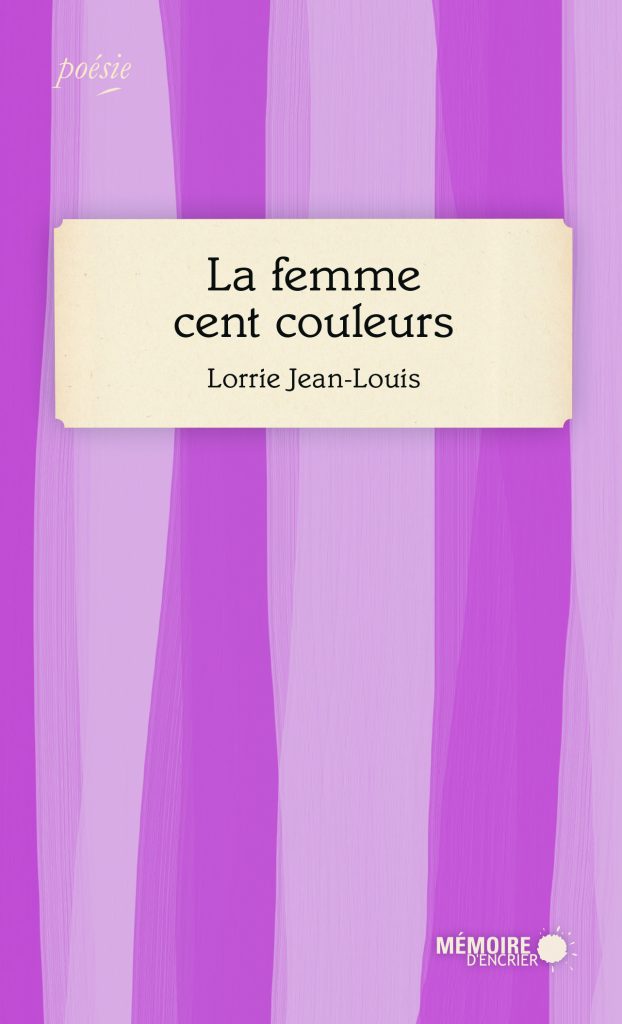Extrait
In Westmount Park, he was calm while I took him through my itemized list of neuroses.
“I think I’m an alien,” I explained. “I don’t think I’m built to survive on this planet.”
He just nodded. “Mm.”
“I always feel so sick, you know? I always feel like I’m fucking dying.”
Again, a nod. “That’s too bad.”
I was looking around at the sinister grass and the sinister sky, wet and grey with the first snap thaw of late winter. A warm breeze blew and it was all wrong. Too early. The world is ending.
“Sandy, none of this is right. Like, just … now, you know? It’s too heavy. I’m never free of what’s already happened.”
He didn’t ask for clarification. He just nodded again. Then, he said, “The present is a runaway train that drags the past behind it.”
I stopped walking.
He turned, looked directly at me. He was straight-backed, confident. A whole different man than the one who got off the bus from North Bay, or the one who arrived holding the cat crate on a train from out east, or the one who was so afraid of me on our first date. His big blue eyes behind his tortoiseshell frames and his wild brown hair under his black hat. The structured maturity of his beard. His elbows making harsh angles out from the black of his double-breasted peacoat, his slim waist. His mid-thirties, looking good on him. I could feel our past, dragged behind us — thousands of days spent drifting in pleasure so ubiquitous it was commonplace, almost not worth mentioning. Thousands of crises neutralized, efforts left unwasted, mistakes softened into synapses so I could learn again. In front of me, he was precious and required and the other part of me. The way he made every necessary thing beautiful. The unrivalled bravery of his not-leaving.” (185–186)
Biographie
Tara McGowan-Ross is an urban Mi’kmaq writer, editor, and multidisciplinary artist, originally from Toronto. She holds a BA in philosophy from Concordia University. Now based in Montreal, she is the host of Drawn & Quarterly’s Indigenous Literatures Book Club, a critic of experimental, independent Montreal theatre for BroadwayWorld, and was formerly an editor at Insomniac Press. McGowan-Ross is the author of two genre-bending poetry collections, Girth 1 1 McGowan-Ross, Tara. Girth. Insomniac Press, 2016. and Scorpion Season. 2 2 McGowan-Ross, Tara. Scorpion Season. Insomniac Press, 2019. Her poetry has also appeared in Best Canadian Poetry. Nothing Will Be Different, McGowan-Ross’s first full-length non-fiction work, was a finalist for the Hilary Weston Writers’ Trust Prize for Nonfiction in 2022.
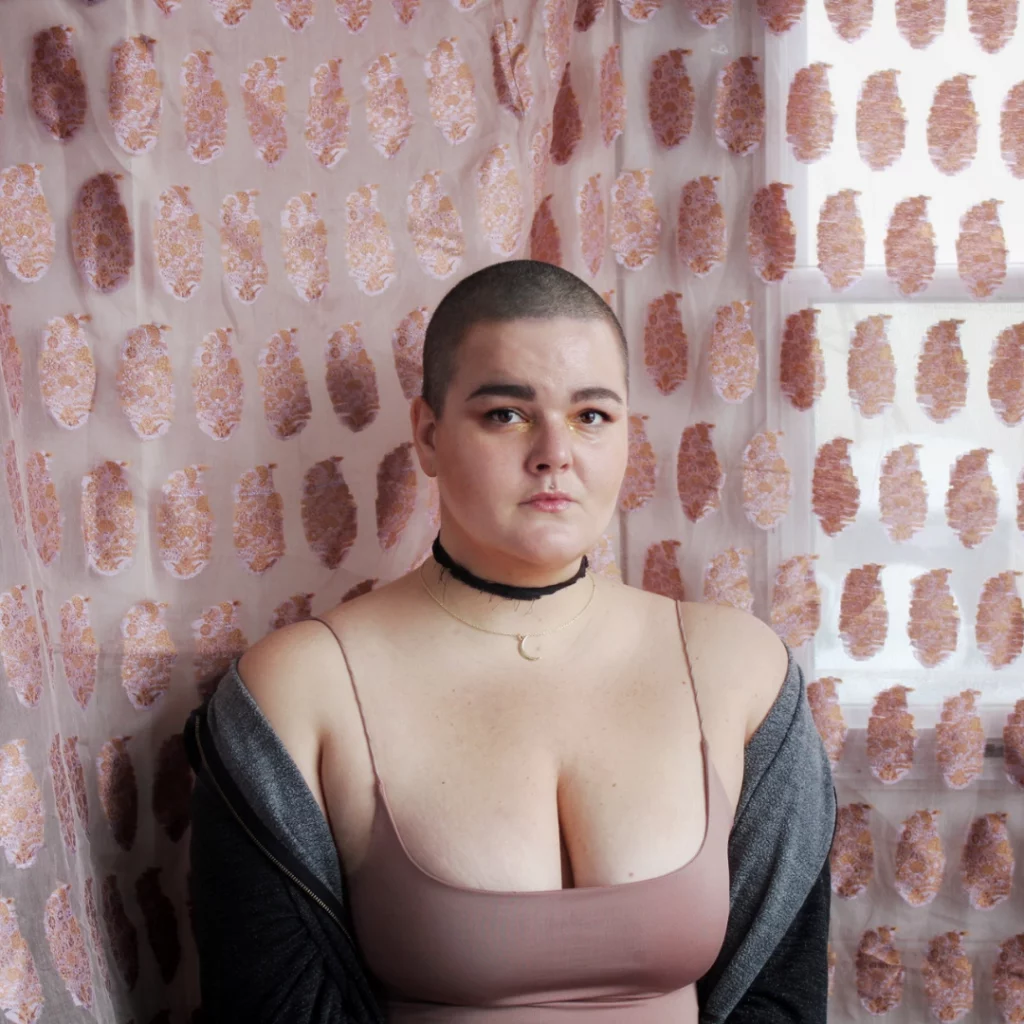
Résumé
Tara McGowan-Ross’s Nothing Will Be Different is an exploration of identity, the body, and art. The memoir is framed by moments of medical uncertainty: Beginning in a Pap smear clinic and ending in a radiology department, McGowan-Ross bookends her narrative by evoking her family’s history with cancer. This framing anticipates the memoir’s broader meditation on intergenerational inheritance, both in familial contexts where medical trauma looms and amidst Canada’s colonial history. Within this framework is McGowan-Ross’s story of healing, spanning roughly a decade, and the various experiences facilitating her growth and self-discovery. The memoir spends its earlier portions in Halifax, where the author spends her teen years moving through its punk and open mike circuits, falling in love, and experiencing heartbreak for the first time. McGowan-Ross then takes the reader to Montreal, to her early days as an undergraduate at Concordia and a poet in the city’s arts scene. McGowan-Ross finds inspiration in the city’s bohemian spirit and encounters the precarity of being a young artist, moving between an array of jobs to support her schooling and passions. Eventually, McGowan-Ross finds herself in the Ontarian and, later, British Columbian wilderness, planting trees and exceeding her own expectations of herself. By the end of the memoir, she is living in Montreal, looking toward the future.
Situer l’œuvre
Tara McGowan Ross’ Nothing Will Be Different is comprised of personal experiences, spanning the decade between her late teens and mid-twenties. In that sense, it is best described as non-fiction, specifically, a coming-of-age memoir. However, Nothing Will Be Different also distinguishes itself within the genre. Alongside her personal experiences, McGowan’s references to theorists throughout the memoir exercise the theoretical possibilities of self-writing.
Autotheory is the practice of asserting personal experience as a source of knowledge. As a mode of knowledge production, autotheory intervenes in the depersonalized (or stylistically “objective”) assumption of theory by taking lived experience as its basis and, in turn, emphasizing how certain forms of knowledge production have been marginalized within disciplines. For that reason, it is a mode of self-writing that has been closely linked to feminist and critical race theory–oriented expression. In emphasizing the personal while including the voices of philosophical “authorities,” McGowan-Ross asks the reader to consider what makes theory theory in the first place.
Nothing Will Be Different spans nearly a decade (from 2011 to 2019) and several cities, inviting those places to be perceived through the author’s experiences in Halifax, Ontario, British Columbia, and Montreal. However, Nothing Will Be Different not only mediates the country’s geography through the personal but also through the country’s politics. As an urban Mi’kmaq writer, McGowan-Ross’s identity is entangled with Canada’s colonial history. McGowan-Ross did not grow up on the reserve; her father is half Mi’kmaq, and she is one-quarter Mi’kmaq. As McGowan-Ross elaborates, Canada’s mode of measuring identity has its roots in colonial history: “The fiction of race is quantified by percentages of blood … Percentages of blood is then tracked and measured by breeding lines … as if that is what family is” (37). McGowan-Ross’s memoir is thus also a story about the nation: Canada, the memoir suggests, is also a site of historical trauma and necessary healing. This relationship is made explicitly clear in the author’s discussion of Canada’s colonial history, which is interwoven with her account of receiving formal Mi’kmaq status (35–42). This interweaving of personal identity with Canada’s colonial history of marginalization and identity regulation animates the memoir’s broader implications. Writing from a queer, feminist, mixed settler-Mi’kmaq perspective, McGowan-Ross’s perspective is best described as intersectional. In the spirit of Kimberlé Crenshaw’s definition of the term, McGowan-Ross’s memoir offers “a lens through which you can see where power comes and collides, where it interlocks and intersects.” 3 3 “Kimberlé Crenshaw on Intersectionality, More than Two Decades Later.” Columbia Law School, 2017, https://www.law.columbia.edu/news/archive/kimberle-crenshaw-intersectionality-more-two-decades-later. Accessed 26 July 2023.
Thèmes et sujets
The Other
The notion of the Other is a recurring theme throughout Nothing Will Be Different. At one point, McGowan-Ross gets the word ALTÉRITÉ tattooed on her arm, a word describing “the state of being other, or different” (212). As she elaborates:
I love this word, alterity. Philosophers in the Frankfurt school wrote about it like this: the Other is always radically other. What is outside of us cannot ever really get in. We are all fundamentally alone, but this is what makes real empathy possible. (212)
The notion of the Other is discussed throughout the memoir in both specific and general ways. In one sense, the author’s discussion of Canada’s colonial history reveals how colonial power relies on the marginalizing (or othering) of Indigenous communities. As the author writes, in 1850, the term “Indian” was constructed and defined in so-called Canada using “a very new concept called race” (37). These techniques of policing identity, casting some identities as central and others as peripheral, are modes of reinscribing Eurocentrism, Whiteness, heteropatriarchy, and settler-colonialism. This dynamic also permeates more particular aspects of the memoir. For example, the author’s discussion of weight indicates how commercial beauty standards facilitate their own forms of othering. The author’s aspiration to fit into American Apparel and have the kind of life “thin girls” have relays how alienating body ideals push certain bodies to the margins (57). An important dimension of Nothing Will Be Different, thus, is its elaboration on how techniques of othering—whether colonial structures or popular culture—have marginalized certain identities.
Simultaneously, while emphasizing the processes that render certain identities Other, McGowan-Ross’s prose reveals a tendency to self-Other. The author’s mode of writing of her grief offers one example of this. She writes, “My grief … is so thin and so hungry and she begs me for things she does not need” (258). In one sense, therefore, McGowan-Ross’s prose is invested in the systemic ways in which the Other has been constructed through colonialism and capitalism. In another sense, the author reveals how the Other is and can be embodied, offering a way of mediating self-understanding, situatedness, and analysis within such broader structures.
Questions
- Given the historical, theoretical, and emotional context for the Other the author provides, what do we make of the author’s decision to tattoo “ALTÉRITÉ” on her arm? What do we make of her decision to emphasize this in the narrative?
- What is the significance of the multiple references to American Apparel in the text? Why do you think the author utilizes this brand as a motif?
Activity
Nothing Will Be Different considers identity as an inherited, malleable, and creative concept, inviting reflection on how identity shapes our experience of knowing the world. Modelled after Eugenia Zuroksi’s exercise “Where do you know from?,” 4 4 Zuroski, Eugenia. “‘Where Do You Know From?’: An Exercise in Placing Ourselves Together in the Classroom.” MAI Feminism, 27 Jan. 2020, https://maifeminism.com/where-do-you-know-from-an-exercise-in-placing-ourselves-together-in-the-classroom/. Accessed 26 July 2023. this activity invites students to consider the relationship between identity and knowing, and more broadly, to cultivate and recognize the classroom as a place of “multiple ways of knowing and sites of learning” (Zuroski). Firstly, ask students to discuss the following questions in small groups: How is knowing constituted in Nothing Will Be Different: through experience, feeling, information, or all of the above? When does the author seem to know something, and how do you know that she knows it?
Secondly, ask your students to write an independent response to the following questions: What are your interests? How did these interests come to you? How do these interests allow you to see, and shape how you see, the world?
Thirdly, ask students to discuss their answers in small groups or with the classroom.
Art
Art occupies many different forms in Nothing Will Be Different: Art is present as the poems the author reads aloud at Kafein and works on in poetry class. It manifests in the paintings the author creates in her apartment, in Sandy’s animation, in the songs accompanying each chapter, and in the form of the memoir itself. However, art also occupies less material forms, functioning not only as a physical entity but as a general politic, mode of living, practice of noticing, and way of moving through the world. This (perhaps false) dichotomy between art as a material thing and a general concept is articulated by McGowan-Ross directly:
Artists make things, which are material, but are also ideas. Ideas want to touch things, change things, and be changed. There is no way to control an idea, protect an idea, prevent an idea from getting out. That’s just what ideas do. (92)
It is a framing that resounds throughout the memoir. Indeed, art infiltrates aspects of the text in often uncontrolled and ambiguous ways, which nonetheless concretely give rise to its broader social world. As the author writes of Kate and Mathilda, who were “artists, musicians, and poets” (53),“The art I admired most was the way they moved through the world … I watched Mathilda and Kate, in all their grace and beauty, and I tried to mimic. I tried to understand” (53). This proves significant, as Mathilda’s poem featuring the line “nothing will be different” forms the memoir’s title (54). Thus, in one sense, art seems to function not so much as a reducible thing but a network of inspired relations: the world of tree planting, comprised of those who drifted from “the art schools of Montreal” (194); everyday scenes of beauty, such as Mr. Kim’s “renovation job … [so] cutting edge, it was almost an art installation” (19); and the fodder of social connection. As the author writes of her initial connection to Sandy, “we talked art and music and movies. He had diverse, surprising, well-justified tastes” (60).
Yet if art evokes the inspired ethos in Nothing Will Be Different, it also accompanies its tensions. As McGowan-Ross writes of her relationship with Andrew, “we had fallen in art love quickly, maddeningly, and forever” (136). It is a statement implying the fleeting and unreliable potential of art, as “art love” proves insubstantial for a long-lasting relationship. The author’s relationship with Andrew, in turn, produces art that is uninspired. As McGowan-Ross writes, “My poems were about Andrew. They were angry, defensive, blaming, and self-aggrandizing” (128). In other words, art in the memoir is configured as a central motif whose significance is uncertain.
Questions
- In her poetry class, the author receives feedback from her professor: “My poems didn’t know what they were doing. They didn’t know what was at stake. A poem, Leslie told me, must always have something at stake” (92). Do you agree with this?
- There is a lot of discussion of poetry in Nothing Will Be Different, and at one point, the author offers her own definition of what makes for good poetry: She writes, “I looked for ambiguity, for space—for the gaps where interpretation could fall, and fall, and never land” (97). Where in the memoir does the author use space and ambiguity effectively? What aspects of the memoir are given space, and which aspects are more overtly stated? What is the effect of this for you as a reader?
Activity
Ask your students to write a creative or academic reflection in response to the following question: What is at stake in art for you? This activity could be a free-form writing activity in response to prompts or art pieces shown to the class, or in response to an art object each student chooses themselves.
Style et esthétique
Nothing Will Be Different is written from a first-person point of view in a tone that is best described as conversational and accessible. When the author introduces new words or phrases, they are almost always accompanied by a definition. For example, when encountering the world of tree planting, the author explains “planter lingo” (166), defining words like “crusty vet” (189), “creamed” (167), and “two-k” (166).
This conversational tone is especially pronounced when the author speaks to the reader directly or implies her awareness of the reader. For example, when discussing the disadvantages of being “too beautiful,” McGowan-Ross writes, “I’m not kidding, and mean this genuinely” (251). When the author announces to the reader that she “never drank again,” she follows with, “No, I’m totally kidding” (270). Later, when she reiterates this phrase, she adds, “I’m not kidding this time” (278). Such moments indicate McGowan-Ross’s awareness of how the reader might perceive her as an author. In that sense, at the level of prose and language, the memoir’s themes of identity, self-perception, and one’s perception by others resound.
These moments also reveal the author’s tendency to use irony to emphasize the text’s themes. As McGowan-Ross writes, “At this point in my development, I was working on my sense of irony. I had started to understand the winking subtext of things …” (96). This is a direct reference to the nature of her writing, and hence, it is an invitation to the reader to notice her use of irony throughout. In one sense, irony appears throughout the text in ways that are light and humorous (the author initially reflects on her long-time partner, Sandy, as follows: “This new boy was fine” [42]). Yet irony accompanies the memoir’s difficult topics, such as its themes of bodily perception. As McGowan-Ross writes, “I’d been able to use my heartbreak and anger to trigger another episode of crash dieting, and I was delighted—I could fit into American Apparel now” (56). This sentence conveys how trauma weighs on the body, and how hegemonic beauty standards inflict their own bodily trauma. Simultaneously, it invites the reader to perceive irony, as the word “delighted” reads as misplaced.
In some ways, irony is a means of softening the memoir’s more difficult topics. Simultaneously, irony offers a mode of connecting with the reader, inviting them to participate in the text’s “winking subtext” and unspoken reality (96). For example, the memoir’s closing lines utilize irony to connect with the reader through the COVID-19 pandemic. As McGowan-Ross writes, “The darkness was all behind me. The worst thing had already happened. It was March 12, 2020, and I was young and alive in the last great bohemian city. Everything was different now. Everything had changed” (280). With the date marking the precipice of Canada’s national lockdowns, the ironic mode invites the reader into a shared realization: Despite what the text outwardly states, we can never know or plan for what lies ahead; the best thing to do is keep living.
Glossaire
Theory
A theory is a statement of the general law, idea, or principal that might be applied to a particular thing. 5 5 “Theory.” Merriam-Webster.com Dictionary, Merriam-Webster, https://www.merriam-webster.com/dictionary/theory. Accessed 12 Sept. 2023. In Nothing Will Be Different, the theories of famous thinkers, such as Friedrich Nietzsche and Jürgen Habermas, are used as general principles in relation to the memoir’s specific accounts of personal experience. The effect is to demonstrate these theories’ descriptive usefulness and, at the same time, their inability to capture the whole.
Treaty
A treaty is a formal, legally binding document that is usually made between sovereign states or political bodies. In Nothing Will Be Different, the word treaty is used in relation to the author herself, as she imagines a “different version of [herself] … not protected by treaty” (42). The effect of this usage is a tethering of the body and self to political bodies and the nation. In the context of Canadian history, particularly, the word treaty signifies the coercion of Indigenous land rights by the British and French.
Punk
A term referencing the underground musical movement of the late 1970s. The term is also tethered to anti-establishment views, political activism, and counterculture. In Nothing Will Be Different, the word punk is used throughout to describe both the author and various people, such as Sandy, but also the general spirit and atmosphere of places, music, and outlooks the author encounters and embodies.
Colonialism
Colonialism is the process by which one country comes to control another, often by establishing settlements and exercising economic control. In Nothing Will Be Different, the history of colonialism looms in subtle and overt ways. It is present not only in the author’s family history and the history of the nation, but also in the author’s discussion of environmental capitalism, extractive economies such as logging and mining, and the politics of financial aid, which she receives. In other words, colonialism is presented as both a historical and ongoing condition.
Ressources
Podcasts
Kier Adrian Gray, “Trees, Grief and Growing Up: An Interview with Artist Tara McGowan-Ross.”
6
6 Adrian Gray, Kier, host. “Trees, Grief and Growing Up: An Interview with Artist Tara McGowan-Ross.” 8 July 2022, https://www.youtube.com/watch?v=Lg8QDoZUKG8. Accessed 26 July 2023.
An interview with Tara McGowan-Ross about Nothing Will Be Different, on Kier Adrian Gray’s podcast.
Teaching Resources
Native Land Digital. 7 7 Native Land Digital. https://native-land.ca/. Accessed 26 July 2023. This is an online digital map of Indigenous territories, treaties, and languages.
Indigenous Feminist Collective, “Reading List 2020.” 8 8 “Reading List 2020.” Indigenous Feminist Collective, https://indigenousfeminisms.wordpress.com/reading-list/. Accessed 26 July 2023. The Indigenous Feminist Collective is a collective providing resources, workshops, and information on the intersections of anticolonialism, decolonization, and feminism. Their 2020 reading list is a compiled list of scholarly and non-scholarly essays theorizing about these intersections.
Eugenia Zuroski, “Where Do You Know From?: An Exercise in Placing Ourselves Together in the Classroom.” This is a pedagogical exercise in self-situating and reflecting on positionality in the classroom.
Theory
Billy-Ray Belcourt and Lindsay Nixon, “What Do We Mean By Queer Indigenous Ethics?” 9 9 Belcourt, Billy-Ray, and Lindsay Nixon. “What Do We Mean by Queer Indigenous Ethics?” Canadian Art, 23 May 2018, https://canadianart.ca/features/what-do-we-mean-by-queerindigenousethics/. Accessed 26 July 2023. This is a dialogue between two figures working at the intersections of art, literature, queer theory, and decolonization, on how Indigenous perspectives shape and enrich art theory.
Johanna Hedva, “Sick Woman Theory.” 10 10 Hedva, Johanna. “Sick Woman Theory,” Johanna Hedva, 2020, https://www.kunstverein-hildesheim.de/assets/bilder/caring-structures-ausstellung-digital/Johanna-Hedva/cb6ec5c75f/AUSSTELLUNG_1110_Hedva_SWT_e.pdf. Accessed 26 July 2023. Hedva’s “Sick Woman Theory” is a theoretical treatise on the everyday interplays between the body and political action.
Crédits
L’Espace de la diversité recognizes the generous support of the Canada Council, the Conseil des arts et des lettres du Québec, the Conseil des arts de Montréal, and the Fondation Lucie et André Chagnon.
- Coordination: Emma Telaro
- Research and Writing: Sadie Barker
- Editing: Danielle Carter
Espace de la diversité
1260, rue Bélanger, Suite 201
Montréal, Québec, H2S 1H9
Phone: 438-383-2433
Livres connexes
- 1 McGowan-Ross, Tara. Girth. Insomniac Press, 2016.
- 2 McGowan-Ross, Tara. Scorpion Season. Insomniac Press, 2019.
- 3 “Kimberlé Crenshaw on Intersectionality, More than Two Decades Later.” Columbia Law School, 2017, https://www.law.columbia.edu/news/archive/kimberle-crenshaw-intersectionality-more-two-decades-later. Accessed 26 July 2023.
- 4 Zuroski, Eugenia. “‘Where Do You Know From?’: An Exercise in Placing Ourselves Together in the Classroom.” MAI Feminism, 27 Jan. 2020, https://maifeminism.com/where-do-you-know-from-an-exercise-in-placing-ourselves-together-in-the-classroom/. Accessed 26 July 2023.
- 5 “Theory.” Merriam-Webster.com Dictionary, Merriam-Webster, https://www.merriam-webster.com/dictionary/theory. Accessed 12 Sept. 2023.
- 6 Adrian Gray, Kier, host. “Trees, Grief and Growing Up: An Interview with Artist Tara McGowan-Ross.” 8 July 2022, https://www.youtube.com/watch?v=Lg8QDoZUKG8. Accessed 26 July 2023.
- 7 Native Land Digital. https://native-land.ca/. Accessed 26 July 2023.
- 8 “Reading List 2020.” Indigenous Feminist Collective, https://indigenousfeminisms.wordpress.com/reading-list/. Accessed 26 July 2023.
- 9 Belcourt, Billy-Ray, and Lindsay Nixon. “What Do We Mean by Queer Indigenous Ethics?” Canadian Art, 23 May 2018, https://canadianart.ca/features/what-do-we-mean-by-queerindigenousethics/. Accessed 26 July 2023.
- 10 Hedva, Johanna. “Sick Woman Theory,” Johanna Hedva, 2020, https://www.kunstverein-hildesheim.de/assets/bilder/caring-structures-ausstellung-digital/Johanna-Hedva/cb6ec5c75f/AUSSTELLUNG_1110_Hedva_SWT_e.pdf. Accessed 26 July 2023.

